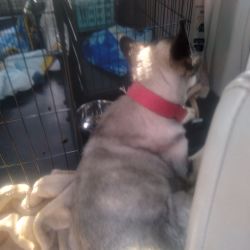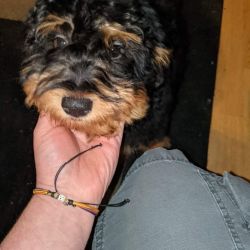Origins and Temperament
The Borzoi, originating from Russia, developed as a breed for aristocracy; assisting in the hunt for wild game owing to their elegance and speed. These sighthounds are characterized by their calm and agreeable temperament, though they can be somewhat aloof towards strangers. When it comes to travel needs, their sensitive nature means they require gentle handling and a quiet space to retreat.
Size and Physical Needs
Borzois are a large breed, with males standing as tall as 33 inches at the shoulder and weighing upwards of 100 pounds. Their long, slim build necessitates ample space during transport. Additionally, daily exercise is crucial to their well-being. In transit, they require regular pit-stops to stretch out, as well as soft bedding to cushion their lean frames and prevent pressure sores.
Common Health Considerations
Borzois are prone to certain health conditions such as bloat, heart issues, and hip dysplasia. To travel safely, guardians should prepare comprehensive health documentation, which includes a recent vet assessment, to facilitate medical assistance if needed. It's also vital to plan for their spacious accommodation due to their size and preventative steps against stress-related illnesses.
















